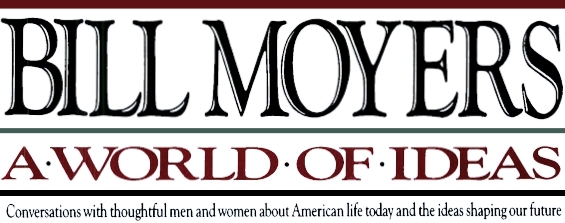
Our friend Anne has added a wonderful new post to his Anne Is A Man blog about podcasts. Says Anne:
“I used to write that one should always download the In Our Time podcasts and keep for ever. The BBC used to keep only the last episode in the feed. In case one had not kept the episode, the only option to listen was to go to the on-line archive and listen while streaming. While that has become less and less of a bother with WiFi all around and capable smartphones, it still was a pity you had no option. All of this now belongs to the past; the archive is also available for download and one can lay ones hands on any chapter ever.”
The archive has been categorized into five separate feeds, sorted by subject:
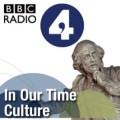 In Our Time Archive – Culture
In Our Time Archive – Culture
Melvyn Bragg and his guests discuss the history of ideas. Topics in the Culture feed include: architecture, the Renaissance, writing forms (like the novel, the sonnett and biography), as well as a multitude of specific persons.
Podcast feed: http://downloads.bbc.co.uk/podcasts/radio4/iotc/rss.xml
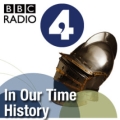 In Our Time Archive – History
In Our Time Archive – History
Melvyn Bragg and his guests discuss the history of ideas. Topics in the History feed include: The Wars of the Roses, specific battles, a multitude of historical personages, as well as the history of tea.
Podcast feed: http://downloads.bbc.co.uk/podcasts/radio4/ioth/rss.xml
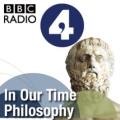 In Our Time Archive – Philosophy
In Our Time Archive – Philosophy
Melvyn Bragg and his guests discuss the history of ideas. Topics in the Philosophy feed include: just war, rhetoric, great thinkers (Confucius, Popper, Socrates) as well as specific works of philosophy.
Podcast feed: http://downloads.bbc.co.uk/podcasts/radio4/iotp/rss.xml
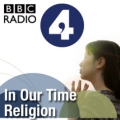 In Our Time Archive – Religion
In Our Time Archive – Religion
Melvyn Bragg and his guests discuss the history of ideas. Topics in the Religion feed include: fundamentalism, prayer, the Devil, paganism, the Holy Grail, and the Spanish Inquisition.
Podcast feed: http://downloads.bbc.co.uk/podcasts/radio4/iotr/rss.xml
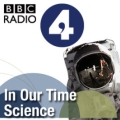 In Our Time Archive – Science
In Our Time Archive – Science
Melvyn Bragg and his guests discuss the history of ideas. Topics in the Religion feed include: genetic engineering, artificial intelligence (and regular intelligence), quantum gravity, oceanography, aliens and cryptography.
Podcast feed: http://downloads.bbc.co.uk/podcasts/radio4/iots/rss.xml
Posted by Jesse Willis

 The Dog And The Horse
The Dog And The Horse
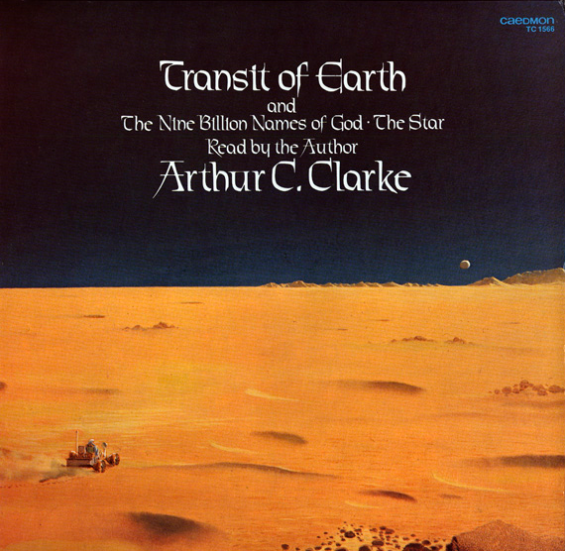
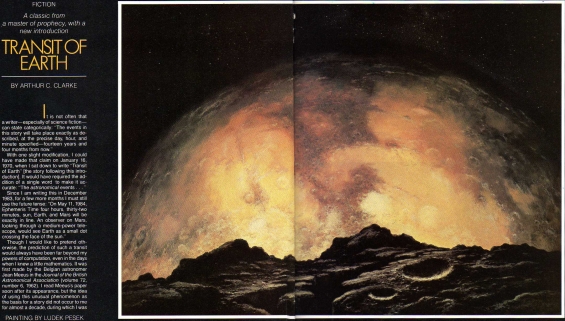
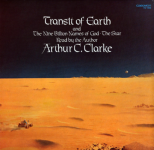
 The Transit Of Earth
The Transit Of Earth






